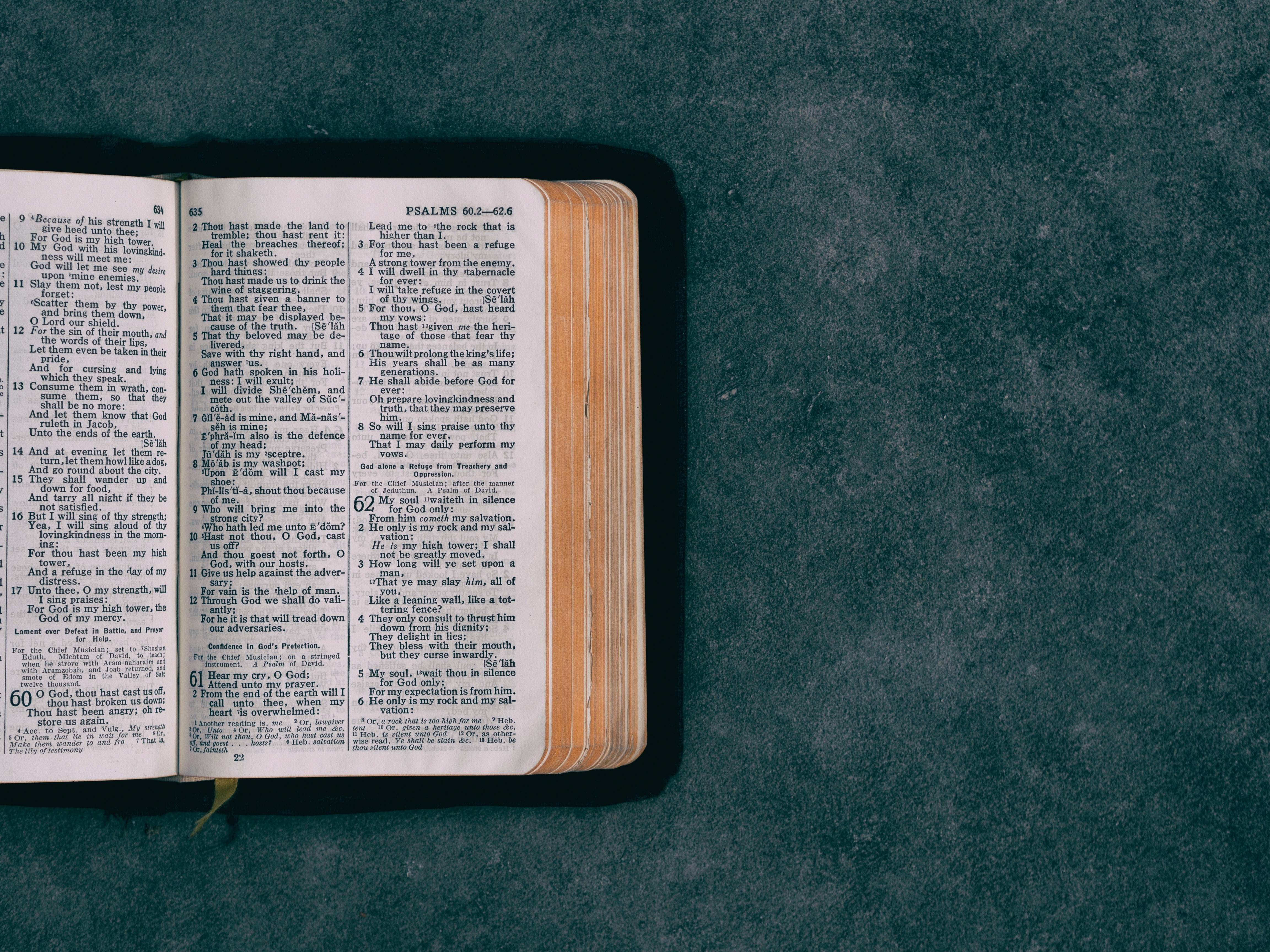By Bill Hall, National Director for Canada
Recently, my wife and I had an interesting conversation with our son. He informed us that the 1st of July was the first anniversary of his first date with his girlfriend. Since this date is also the date of Canada’s birthday, I’m sure we’ll all be able to remember this important highlight in his life.
We all celebrate or remember important landmarks in our personal lives, such as anniversaries, birthdays, our date of baptism, and our date of our graduation. We celebrate many of these days with family, and some with friends. The Christian Church does the same. In a process that has taken approximately 1600 years[1], what we refer to now as the “liturgical year” was developed in the Church and for the Church to help us keep our minds on what really matters – Jesus, his life, death, resurrection, ascension and return.
 The liturgical year is based on important milestones in the life of Jesus, as well as the anniversary of special events in the Christian Church.
The liturgical year is based on important milestones in the life of Jesus, as well as the anniversary of special events in the Christian Church.
The emphasis placed on specific days varied among the different branches of the Church, and still does. Similarly, the actual dates of a remembrance or celebration varies due to the fact that the Eastern Church continues to use the Julian Calendar while the Western Church uses the Gregorian Calendar.
Regardless as to when they are observed or the emphasis placed on certain days, the point of the days is to remember and celebrate Jesus.
As we focus on the Hope Venue, it is important to set aside special days of worship—days that focus on the milestones of Jesus’ life. Planning special worship services on these days provides the community we serve reminders of the hope we have in Christ.
Following is a list of the standard days of observance in the liturgical year, along with a description of what they commemorate: Much more detail on these dates will be shared in Equipper during 2020 as we dive deeper into the Hope Venue.
Advent marks the beginning of the Christian year and occurs the four Sundays preceding Christmas. The first two Sundays look to Jesus’ promised Second Coming. The latter two Sundays anticipate his first coming in the incarnation, remembered at Christmas.
Christmas remembers the incarnation, when God took on our humanity to show his great love for us (Matt. 1; Luke 2; John 3:16).
Lent is a 40-day period that begins on Ash Wednesday and ends on Holy Saturday (the Saturday immediately preceding Easter Sunday). It is a time of reflection on our lives and our need for a loving Saviour. It is a remembrance of the 40 days Jesus spent in the desert before the beginning of his public ministry (Matt. 4:1-11; Mark 1:12-13; Luke 4:1-13).
Holy Week begins on Palm Sunday and ends with Holy Saturday (the day before Easter or Resurrection Sunday). It remembers the last week of Jesus before his crucifixion and includes Holy Thursday (also known as Maundy Thursday) (the Lord’s Supper) and Good Friday (Jesus’ crucifixion).
Easter (Resurrection Sunday) commemorates the resurrection of our Lord Jesus.
Ascension Sunday commemorates when Jesus ascended to the heavens in sight of his disciples.
Pentecost is celebrated 50 days after Easter Sunday. It remembers the coming of the Holy Spirit upon believers and the beginning of the Church. (Acts 2). Some churches also refer to this day as the reversal of the Tower of Babel event found in Genesis 11:1–9.
Planning special events for these days is not only an expectation in the communities in which we’ve been called to serve, but they provide opportunities for us to invite friends, family and neighbors to worship with us. There we are able to share through drama, readings, special worship songs, and sermons, the good news of Jesus—who he is, what it meant for him to become one of us, why we need a Savior, why he died, what it means that he rose and ascended, and what it means that he will return. In other words, we have opportunity to share his love and life with others.
The Christian calendar provides us with wonderfully meaningful ways to fulfill our calling and to join Jesus in showing how we live and share the gospel.
[1] Paul F. Bradshaw and Maxwell E. Johnson, The Origins of Feasts, Fasts and Seasons in Early Christianity (Pueblo, 2011; Collegeville: Liturgical Press) pp xiii.



For more detail concerning the liturgical calendar see the GCI Resources website at https://resources.gci.org/worship.
Great article Bill.
Back in 1996 in Germany, at a historic leadership conference, we introduced in our fellowship a national liturgical calendar that included Advent, Christmas, Easter, Pentecost and Ascension. The unanimous implementation decision was made in Worms, quite a „revolutionary step“ for our church at that time. Prior to the conference some had honest and serious reservations. Our open discussions were obviously led by the Spirit and the end result was truly remarkable. Immediately, as the end vote was announced, the bells of the Worms Cathedral (of Martin Luther fame) unexpectedly started loudly ringing (our meeting venue was right across the street from the Cathedral). Needless to say, it was an appropriate finale! Deeply touched, to me the bells signified the sound of freedom away from legalism and, at the same time, the announcement that Christ would now truly be at the center of our liturgy and celebrations.
Hi Santiago–as soon as you mentioned Worms I knew where this was going–history lives, eh?